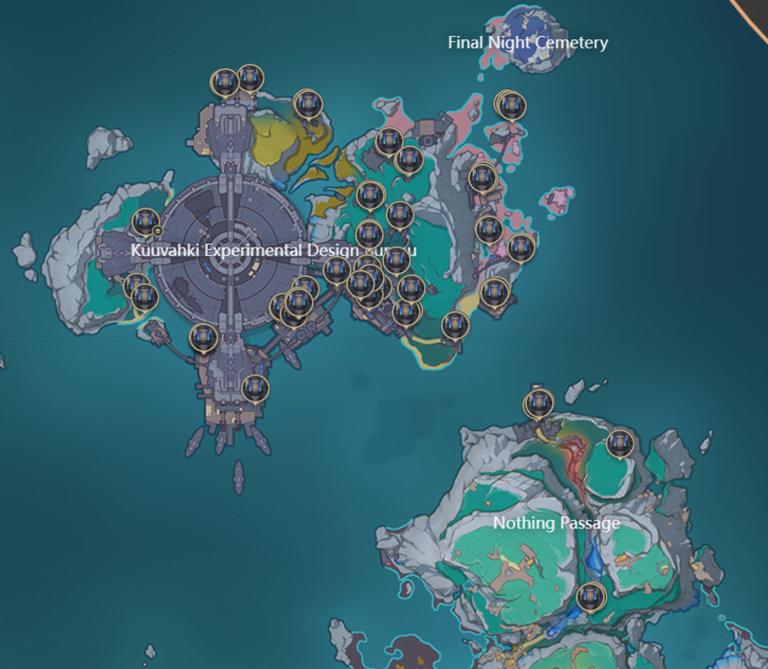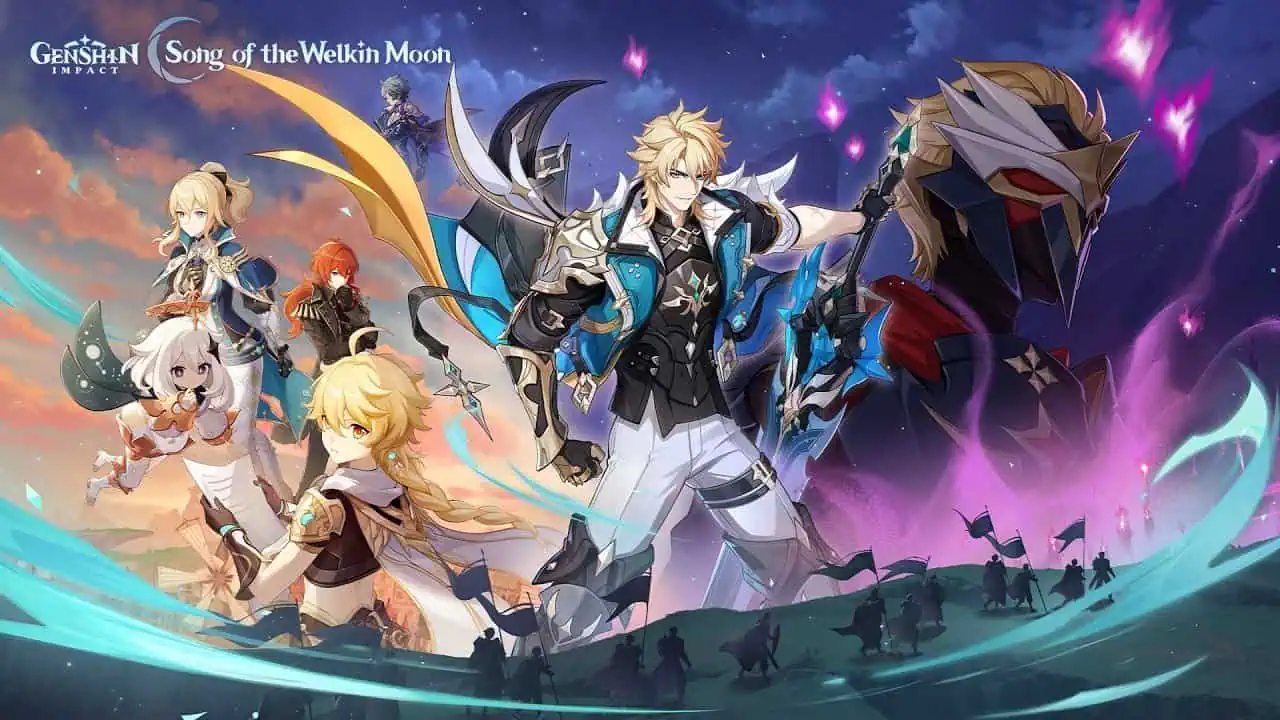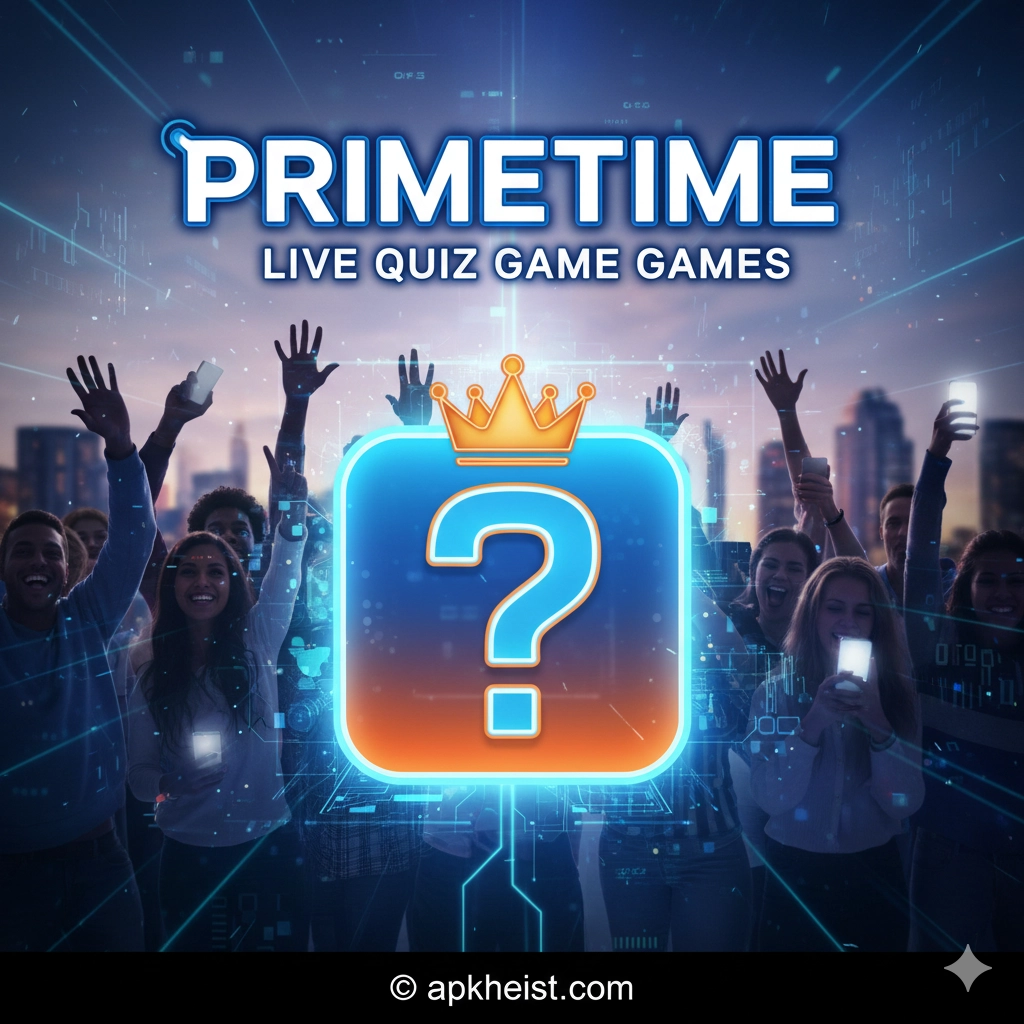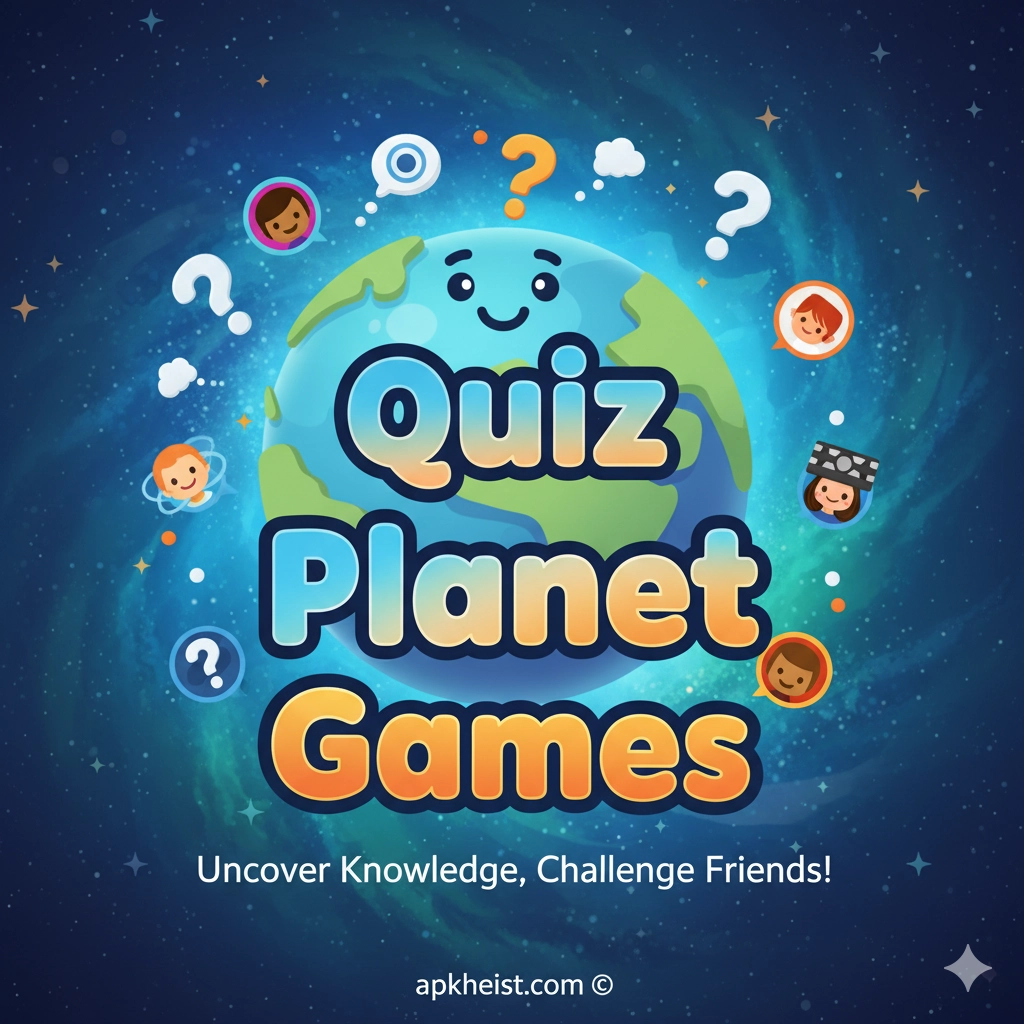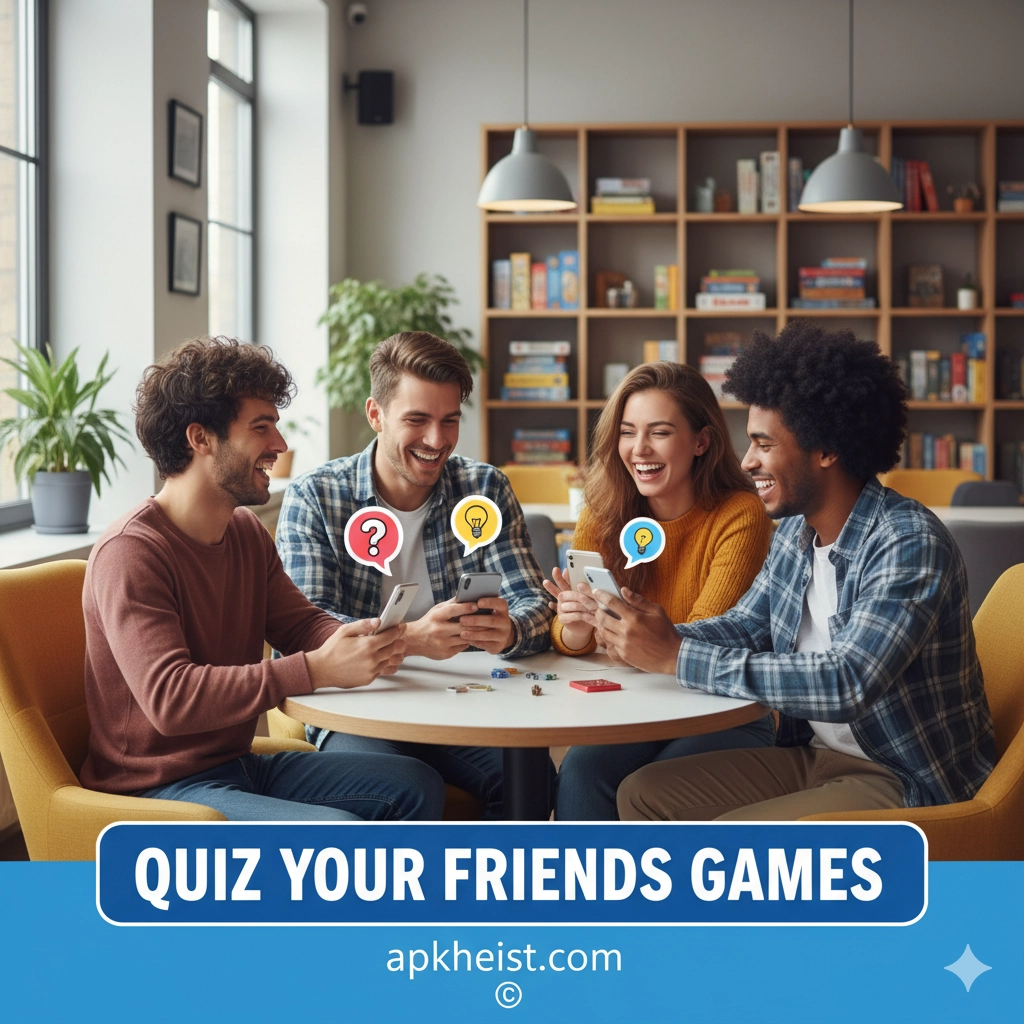This article will help you understand how these games work, why they’re useful, and what features make them stand out compared to traditional study methods. If you're exploring alternatives beyond textbooks, these insights will be especially helpful.
Board Role Playing Arcade Educational Puzzle
Below is the full table of contents featuring randomly generated sections:
1. Immersive Story-Based Language Training
Learn how narrative-driven adventures improve vocabulary retention.
2. Reward Systems That Boost Motivation
Why gamified rewards keep learners consistent.
3. Adaptive Difficulty for All Skill Levels
How Lingo Legend adjusts to your progress intelligently.
Small challenges designed to increase language retention.
5. Cultural Insights Embedded in Gameplay
Understanding language through context and culture.
1. Immersive Story-Based Language Training
Lingo Legend Language Learning GAMES are built around interactive stories that keep learners engaged by placing vocabulary, grammar, and conversations directly inside the narrative. Instead of memorizing word lists, players experience the language naturally. These story adventures mimic real-life scenarios and emotional triggers, which improves recall and long-term retention. Many users have stated that the narrative flow creates “sticky” memory moments that traditional classroom formats cannot match. The design intention here is to pull you into the world so deeply that you learn languages almost subconsciously while playing.
2. Reward Systems That Boost Motivation
A major advantage of gamified language learning tools is how they reward consistency. Whether it's coins, achievements, badges, or character upgrades, each reward is carefully integrated to encourage steady practice. These rewards are psychologically optimized to trigger dopamine-driven habit loops, which means you naturally want to come back daily. By turning learning into a quest-style experience, the platform avoids burnout and maintains user motivation for months. The consistent rewards also help you track measurable progress, which builds confidence.
3. Adaptive Difficulty for All Skill Levels
Every player starts at a different proficiency level. Lingo Legend Language Learning GAMES analyze your performance and dynamically adjust the difficulty of challenges, dialogues, and vocabulary. Whether you're a beginner learning your first 100 words or an intermediate learner working toward fluency, the system ensures that the challenges remain engaging but not overwhelming. This adaptive framework prevents frustration and boredom, which are often the biggest reasons people quit language learning. The game treats each user like a unique learner with personalized needs.
4. Memory-Boosting Mini-Games
Mini-games form a crucial part of the learning ecosystem. They may include flash-card battles, timed recall tasks, spelling challenges, and audio recognition tests. These are strategically timed inside the main story missions to reinforce newly learned vocabulary. By blending repetition with fun, these mini-games create a balanced structure that supports faster learning. The game ensures that words repeatedly appear in different contexts, which is one of the most effective ways to strengthen recall.
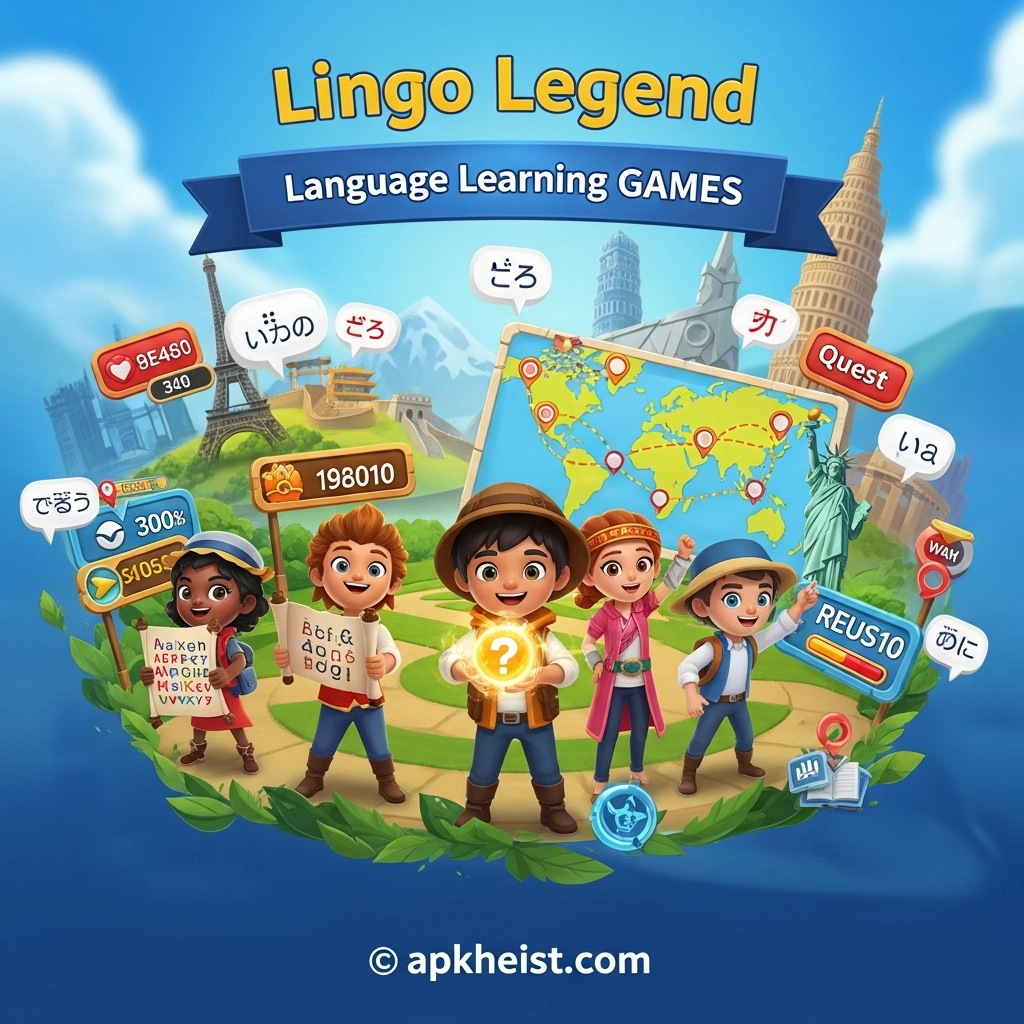
5. Cultural Insights Embedded in Gameplay
Language learning is incomplete without cultural understanding. Lingo Legend incorporates elements of local culture, humor, idioms, holidays, and regional habits into gameplay. This helps learners understand not only what words mean but also how and when they should be used. These cultural touchpoints deepen comprehension and make learners more confident in real conversations. The platform also includes region-based missions that simulate real communication situations.
FAQs About Lingo Legend Language Learning GAMES
1. Are Lingo Legend Language Learning GAMES suitable for beginners?
Yes, the system adapts to absolute beginners and slowly builds vocabulary through simple missions.
2. Do these games actually help with real-world conversations?
Because the content is based on contextual dialogues and scenarios, many players report improved speaking confidence.
3. How long does it take to see progress?
Most users begin noticing vocabulary improvement within the first week of consistent play.
4. Are the games better than traditional study apps?
For many users, the immersive and motivational structure makes it easier to stick with long-term study routines.
5. Can kids use Lingo Legend Language Learning GAMES?
Yes, the game is beginner-friendly and offers age-appropriate content for younger learners.
In conclusion, Lingo Legend Language Learning GAMES offer a holistic blend of storytelling, gamification, cognitive reinforcement, and cultural immersion. These combined features create a highly effective and enjoyable environment for learning new languages, making it a strong alternative to traditional study methods. If you're looking for a fun way to build fluency, this type of game-based learning might be the smartest option for you.

